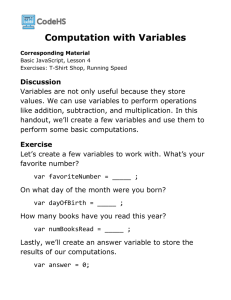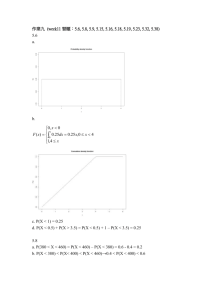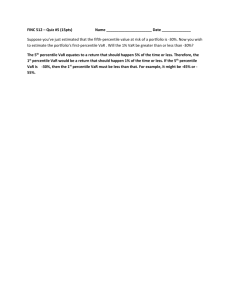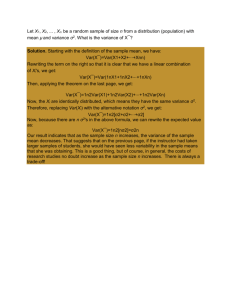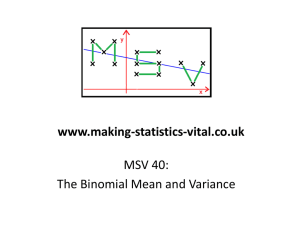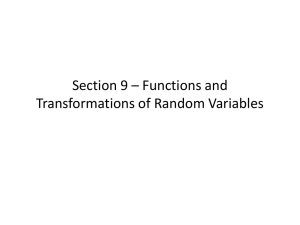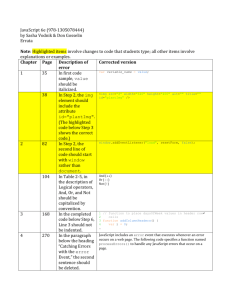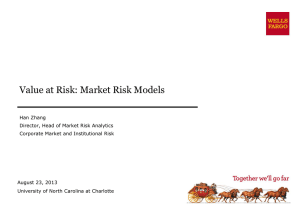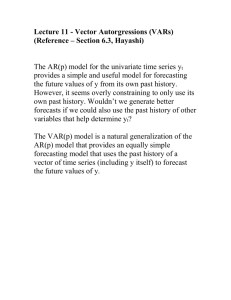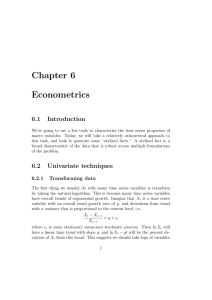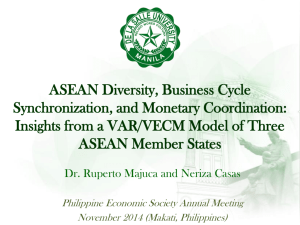full course description and plan
advertisement
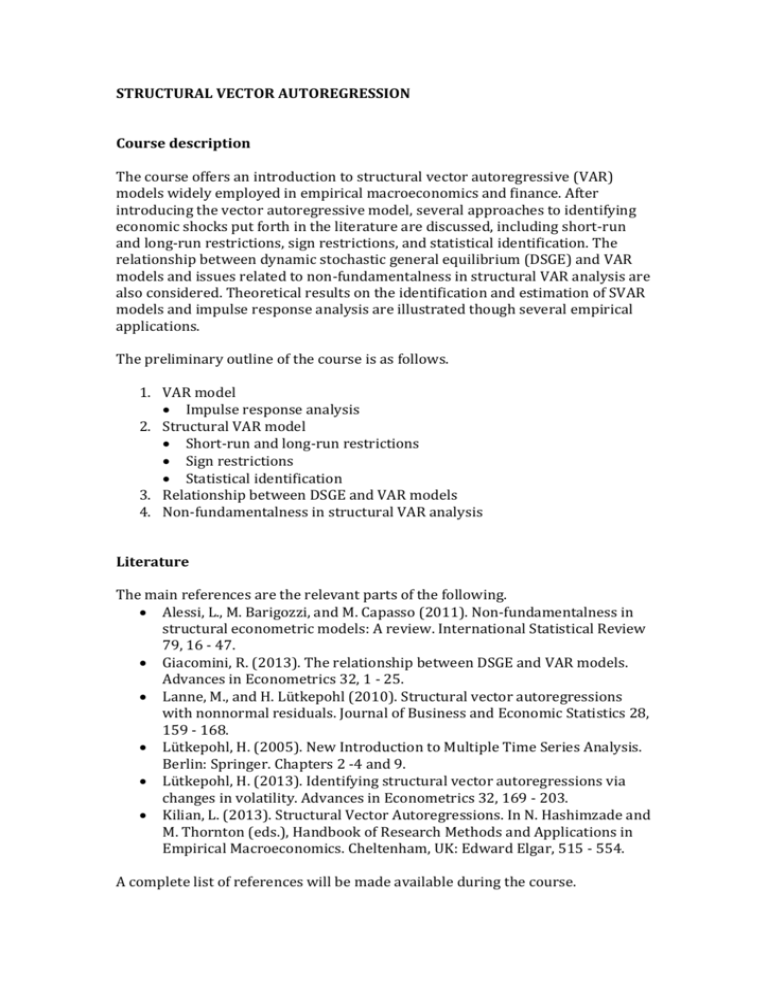
STRUCTURAL VECTOR AUTOREGRESSION Course description The course offers an introduction to structural vector autoregressive (VAR) models widely employed in empirical macroeconomics and finance. After introducing the vector autoregressive model, several approaches to identifying economic shocks put forth in the literature are discussed, including short-run and long-run restrictions, sign restrictions, and statistical identification. The relationship between dynamic stochastic general equilibrium (DSGE) and VAR models and issues related to non-fundamentalness in structural VAR analysis are also considered. Theoretical results on the identification and estimation of SVAR models and impulse response analysis are illustrated though several empirical applications. The preliminary outline of the course is as follows. 1. VAR model Impulse response analysis 2. Structural VAR model Short-run and long-run restrictions Sign restrictions Statistical identification 3. Relationship between DSGE and VAR models 4. Non-fundamentalness in structural VAR analysis Literature The main references are the relevant parts of the following. Alessi, L., M. Barigozzi, and M. Capasso (2011). Non-fundamentalness in structural econometric models: A review. International Statistical Review 79, 16 - 47. Giacomini, R. (2013). The relationship between DSGE and VAR models. Advances in Econometrics 32, 1 - 25. Lanne, M., and H. Lütkepohl (2010). Structural vector autoregressions with nonnormal residuals. Journal of Business and Economic Statistics 28, 159 - 168. Lütkepohl, H. (2005). New Introduction to Multiple Time Series Analysis. Berlin: Springer. Chapters 2 -4 and 9. Lütkepohl, H. (2013). Identifying structural vector autoregressions via changes in volatility. Advances in Econometrics 32, 169 - 203. Kilian, L. (2013). Structural Vector Autoregressions. In N. Hashimzade and M. Thornton (eds.), Handbook of Research Methods and Applications in Empirical Macroeconomics. Cheltenham, UK: Edward Elgar, 515 - 554. A complete list of references will be made available during the course.
